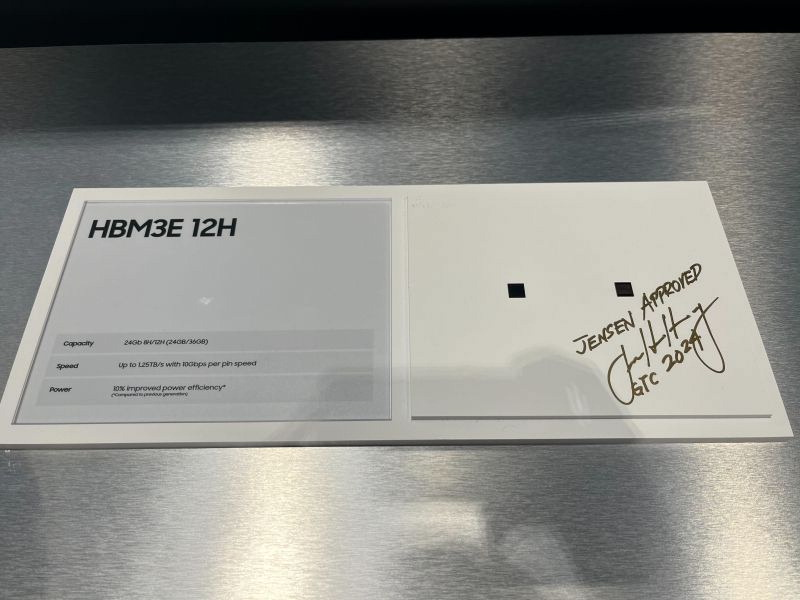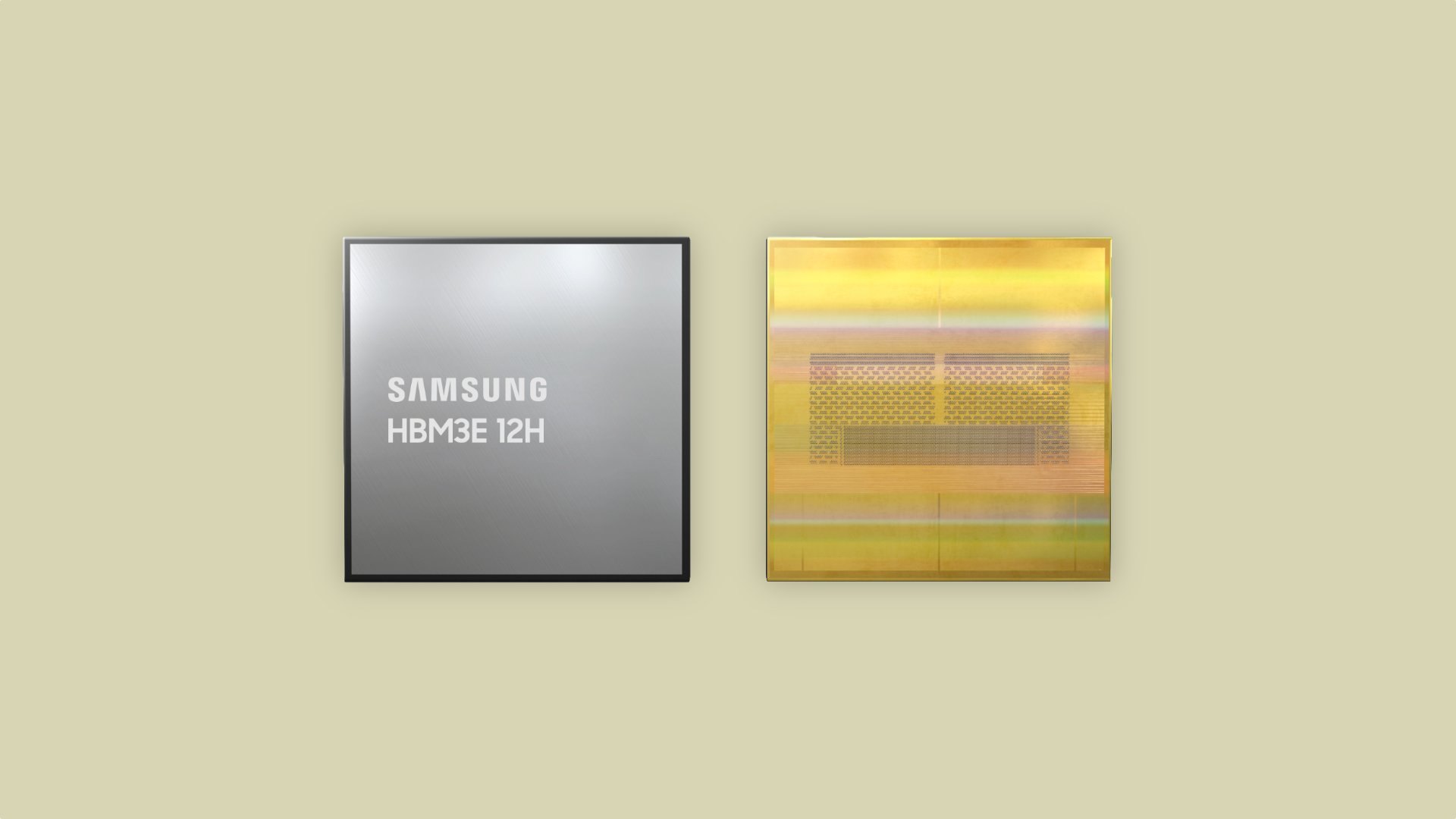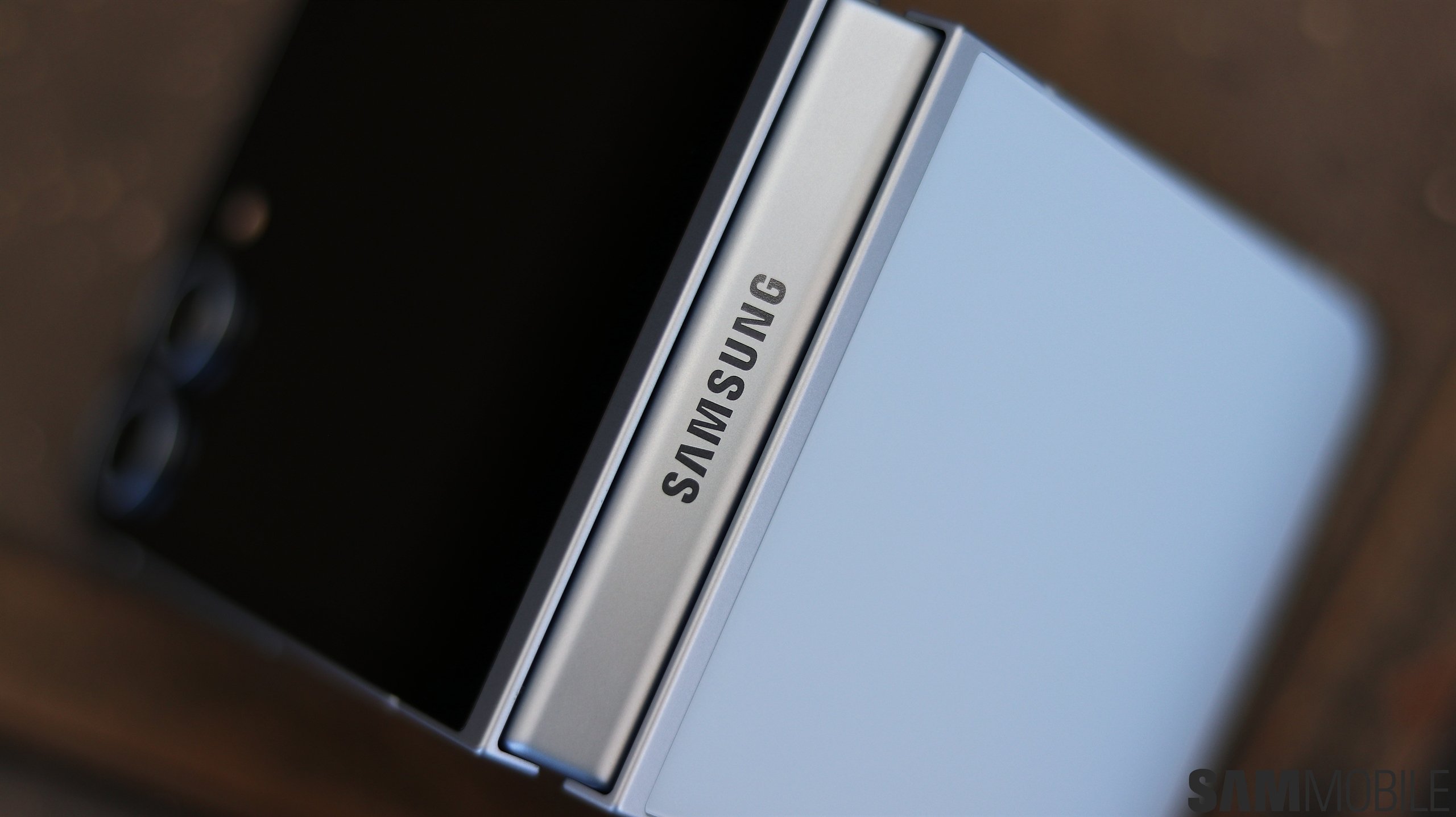
SK Hynix has emerged as a leading supplier of high-bandwidth memory to NVIDIA. Samsung has been trying to win those orders for its HBM3E modules, which NVIDIA CEO Jensen Huang seems to be quite fond of already. Recent reports had claimed that Samsung's memory chips had failed NVIDIA's quality tests, but that's not the case, as NVIDIA has confirmed.
NVIDIA CEO says Samsung's HBM3E products need more engineering work
Earlier reports had claimed that Samsung's HBM3E were failing NVIDIA's qualification tests largely due to power consumption and heat issues. Samsung denied the reports, adding that the testing processing was going smoothly and as planned. NVIDIA had remained quiet on the matter but it has finally broken its silence.
NVIDIA has confirmed that it's still working on the certification process for high-bandwidth memory from Samsung. It confirms that Samsung hasn't outright failed the tests and there may be hope yet for the company to win major orders from NVIDIA.
NVIDIA CEO Jensen Huang confirmed to reporters today that HBM chips from both Samsung and Micron are being evaluated. SK Hynix is already a part of its supply chain, and the company is reaping the benefits of being the leading supplier of advanced memory chips to NVIDIA.
Huang also mentioned that while Samsung's HBM3E chips haven't failed any qualification tests, the modules need more engineering work. When asked directly about previous reports of Samsung's modules failing tests due to heat and power issues, Huang set the record straight, saying that “There's no story there.”





















